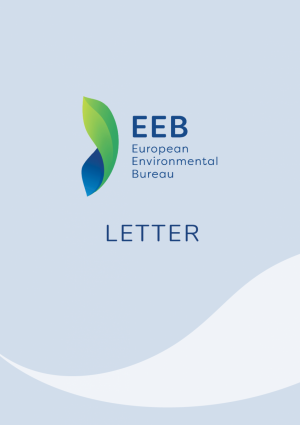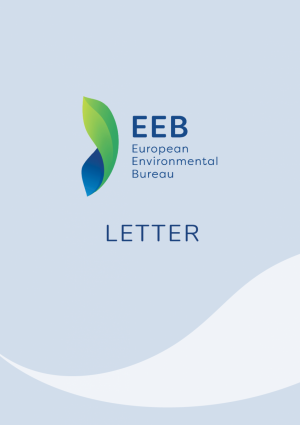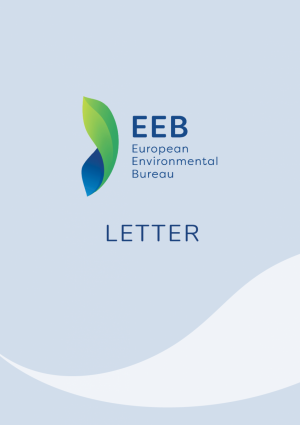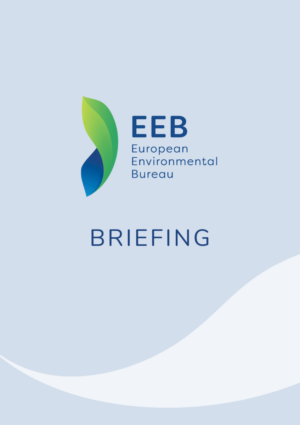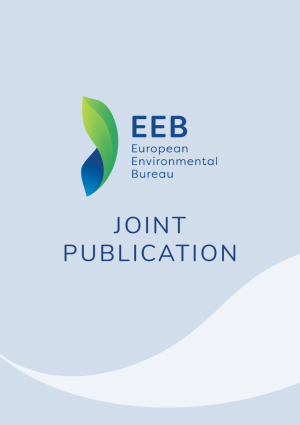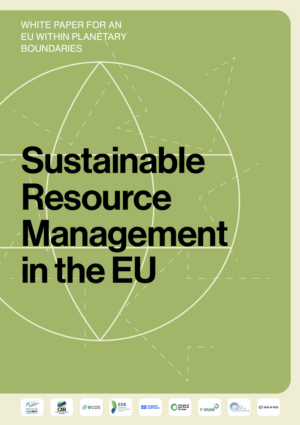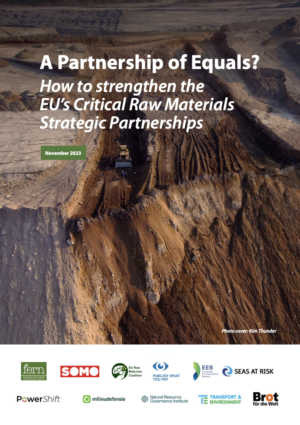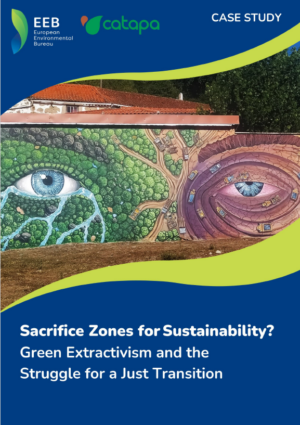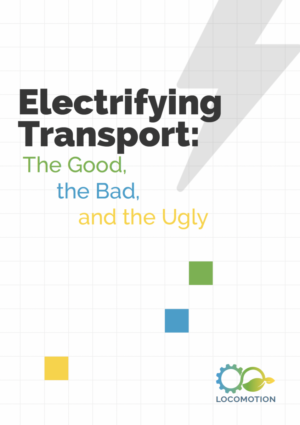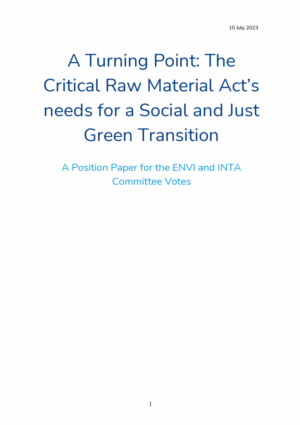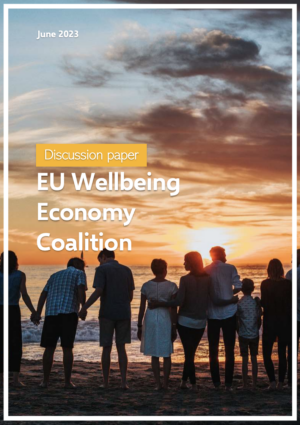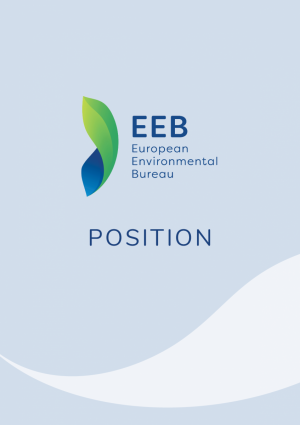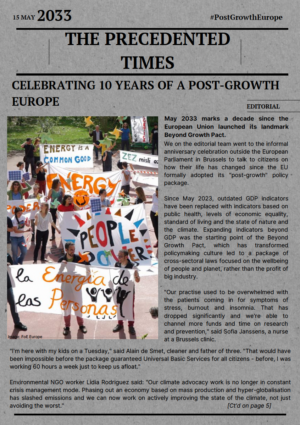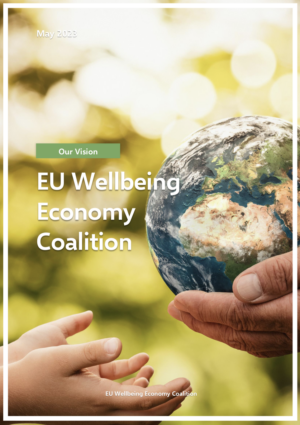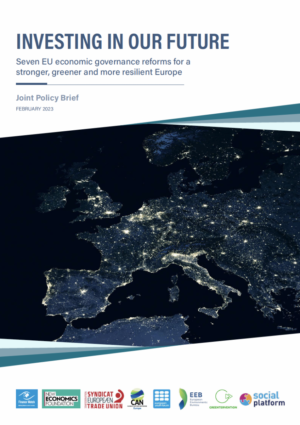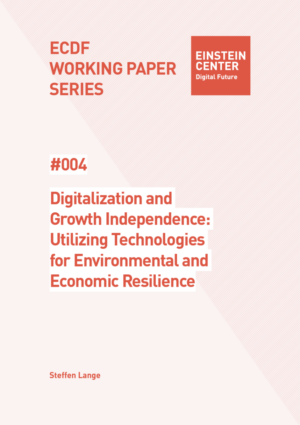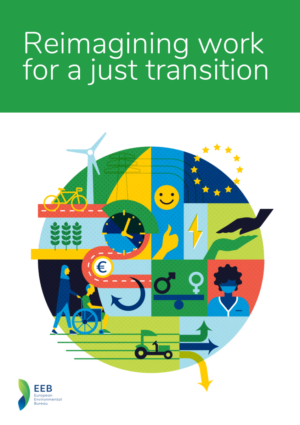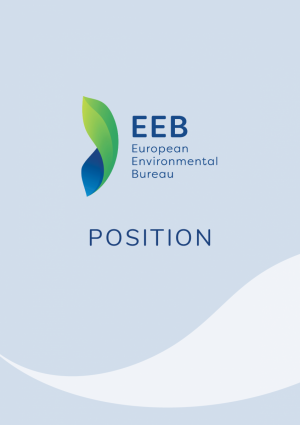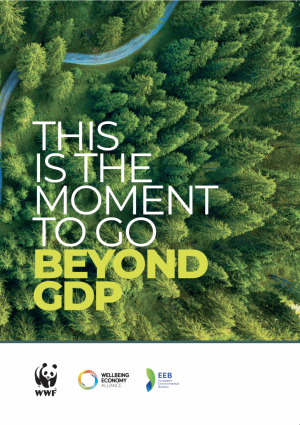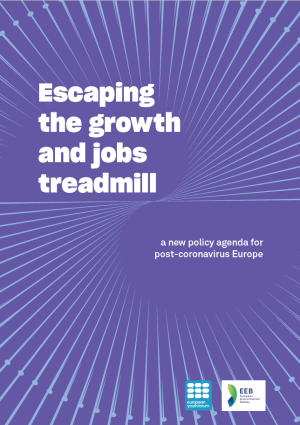Current taxation systems continue to support a linear ‘take-make-waste’ economy creating an uneven playing field for circular business models. While the polluter pays principle remains largely unrealised, high labour taxes incentivise companies to minimise the use of human capacities, even if this means increasing the use of materials and fossil fuels.
Green fiscal reform can play a key role in stimulating a just transition to the circular economy and a reduction in resource use, while safeguarding the most vulnerable in our society. In practice, however, little concrete fiscal and economic measures have so far been implemented across the EU.
Urgency and role of circular taxation
With climate change, resource depletion and pollution on the rise, the shift from a linear to a circular economy is an ever more urgent necessity to ensure resilient economies, and, most importantly, thriving, healthy, and equitable societies.
Notably, half of global GHGs emissions and more than 90% of biodiversity loss and water stress come from resource extraction and processing and the majority of global emissions are associated with production and consumption. At the same time, several studies have proven that scaling-up circular economy has the power to significantly cut GHGs emissions and minimise the environmental impacts linked with extraction, use and end-of-life management of materials and products.
The EEB believes that using fiscal instruments, and other forms of price-based measures, to improve circularity and reduce resource consumption must be a priority for the EU and its national governments. The changing political climate and the increasing environmental awareness mean now is a great moment for an ambitious fiscal policy reform.
Action at EU and national level
To support the transition to a just and circular economy, fiscal action is needed both at national level and in an EU context.
A number of countries have already started taking steps towards the use of fiscal instruments to stimulate waste prevention, reuse, recycling and material efficiency. However, while the role of fiscal and economic instruments to stimulate circularity has been on the EU agenda for some time, including the recent commitment in the new Circular Economy Action Plan, a systematic approach to the subject across Europe is still missing.
The adoption of harmonised fiscal instruments within the EU could enable the application of the much-needed incentives for the circular economy, whilst safeguarding public revenue streams and ensuring social equity. The EU could, for example, play a key role in setting harmonised minimum tax rates for a broader range of resource uses beyond energy products, issue recommendations on the use of revenues from new circular taxes to lower labour taxes as well as further develop existing circular economic instruments (e.g. EU own-resource on non-recycled plastic packaging waste).

